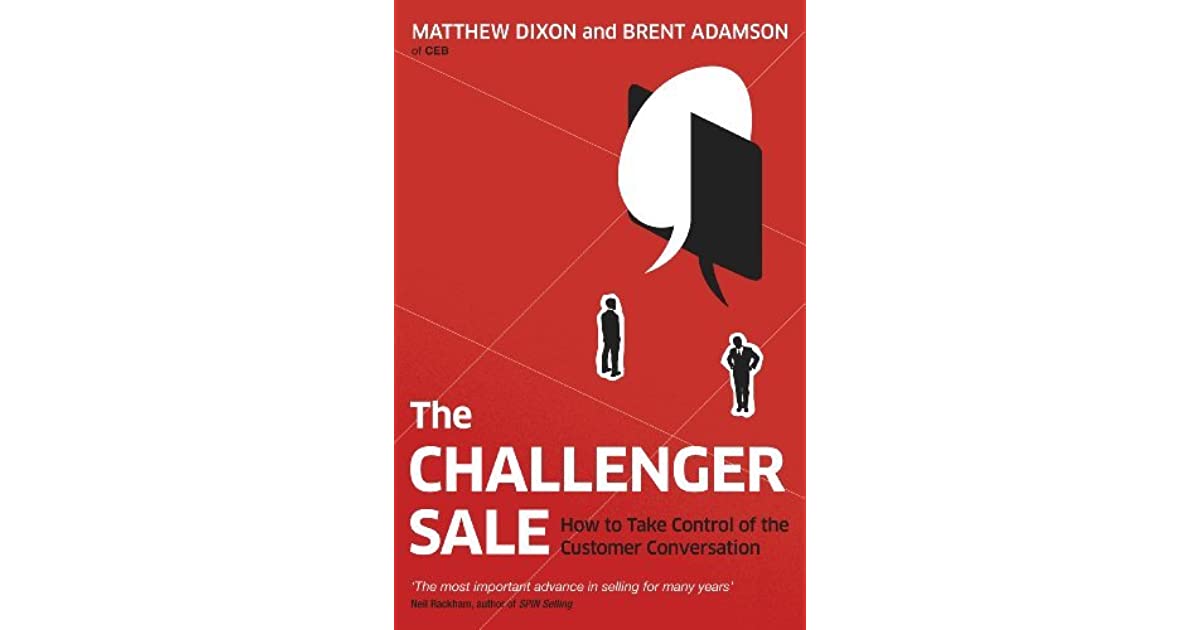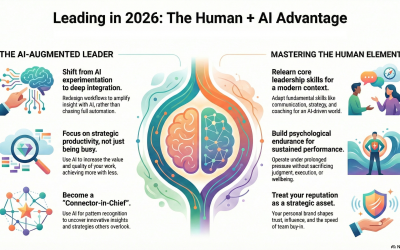“People are tired of simple things. They want to be challenged.” – Umberto Eco
I recently finished reading an interesting book called The Challenger Sale, by Matthew Dixon and Brent Adamson. I’m not big on reading book reviews disguised as blogs, so I’m not going to spend 1000 words talking about the book. I’ll just strongly suggest it to business leaders everywhere. You can read more about it here.
The short version is this: the predominant view of sales success in recent history is that the most successful salespeople are “relationship builders”. I think most of us understand what that means – the kind of people who are good at making friends, that people like being around, that make you feel comfortable, etc. The authors suggest (based on fairly exhaustive research) that while those people are good at making friends, they aren’t so good at making sales. Their theory is that the truly successful salespeople are those who make customers uncomfortable, who ask questions that customers can’t answer, who challenge customers. Those are the salespeople who demonstrate value.
The most interesting part of that theory to me is how that idea relates to leading an organization, beyond just the sales function. How do you lead your people? Are you challenging how they think? Are you making them uncomfortable?
ChangeI’m not suggesting you don’t encourage your people, or develop relationships with them, or that you should try to make them dread going to work. What I’m suggesting is that the status quo is not acceptable. Your organization has to change to thrive – or even survive – over and over again. In order to make that change, people have to be uncomfortable with their current situation. They have to question what they’re doing & how they’re doing it. And that mindset, that constant pushing against the way things are – that has to start with the leaders.
If the leader is OK with the way things are today, all the employees will feel the same way. People will get complacent. Your organization will develop the belief that the way things are now is as good as they can possibly be. Change will be viewed as something to be avoided. And in the world we live in, that’s a death sentence for any business.
How are you leading? Are you challenging your people? Are you pushing them outside their comfort zone? Are you preparing them for a great future – or no future at all?



